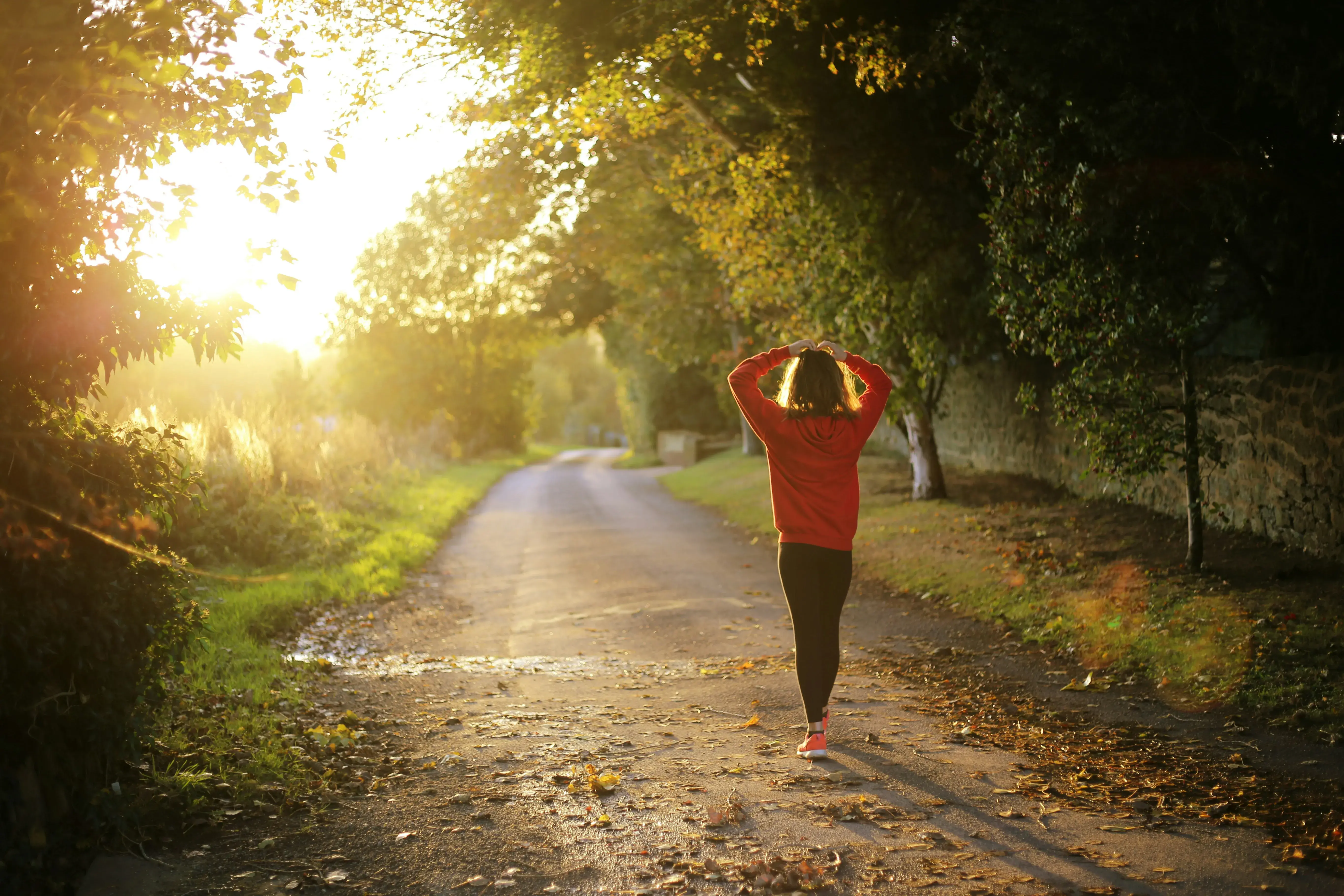As modern life accelerates and mental overload becomes a daily struggle, more travelers are seeking escapes from the constant rush and digital noise.
Their goal? To slow down, breathe, and reconnect.
This is how a global movement has emerged — that of wellness retreats and digital detox stays, now at the heart of sustainable and high-end travel trends.
For short-term rental property owners and investors, this shift is far more than a passing fad.
It represents a concrete opportunity to reposition their properties in a booming market where tranquility, nature, and well-being are the new definitions of luxury.
The era of “express city breaks” is giving way to something deeper.
Today’s travelers want to live an experience, not just rent a space.
Wellness stays (yoga, meditation, spa, nature, nutrition, silence) and digital detox retreats (no Wi-Fi, mindful rest, slow living weekends) now attract a wide audience — busy professionals, remote workers, families, seniors, and entrepreneurs in search of mindful breaks.
They’re not chasing flashy luxury, but rather a balance of comfort, authenticity, and serenity.
It’s a profound transformation reshaping the way short-term rentals are designed, presented, and valued.

According to the Global Wellness Institute, the global wellness travel market is now worth over $900 billion and is projected to reach $1.3 trillion by 2027.
In Europe, 82% of travelers say they are willing to change their habits to make their trips more sustainable and balanced (Interreg Europe, Slow Tourism and its Good Practices, 2024).
Meanwhile, 41% want to avoid crowded destinations in favor of more local, immersive, and peaceful experiences.
In France, searches for terms like “wellness stay,” “yoga retreat,” “nature getaway,” or “digital detox” have surged in recent years — particularly in rural and coastal regions.
The most in-demand destinations include Provence, Brittany, the Pyrenees, Savoie, and the Southwest, where authentic and characterful homes have strong potential.
Contrary to popular belief, wellness retreats aren’t just for luxury resorts or eco-lodges.
More travelers are seeking human-scale accommodations — nature-surrounded, cozy, and tastefully decorated spaces with a peaceful atmosphere.
For property owners in the short-term rental market, this trend offers several key advantages:
Wellness retreats are often booked off-season, lasting 3 to 7 days on average.
This means smoother year-round occupancy, less dependence on summer months, and longer stays — all leading to steadier, more predictable income.
Wellness travelers treat the property as a space for restoration and calm.
They respect the environment, care for the accommodation, and frequently return to “their” place of peace year after year.
In a saturated market of standardized listings, offering a peaceful and purpose-driven experience allows owners to stand out and attract a more discerning — and loyal — audience.

The goal isn’t to turn your home into a yoga center, but rather to make it a space that invites rest, mindfulness, and balance.
Natural tones, raw materials, cozy textures, gentle scents — every detail matters.
A reading nook, a shaded terrace, a private spa, or simply a view of nature can instantly make your property more appealing.
Digital detox travelers crave silence and disconnection.
If your property is surrounded by nature, highlight that advantage.
If it’s more urban, focus on light, acoustics, and layout to create a soothing indoor atmosphere.
Wellness travel thrives on local authenticity.
Partnering with yoga instructors, local chefs, artisans, or nature guides enhances your guest experience and gives your property a sense of place.
Travelers are looking for emotion, not just amenities.
Use visuals and descriptions that evoke serenity, self-care, and reconnection — “a wellness break in nature,” “a digital detox retreat,” or “three days to recharge in a peaceful setting.”
In the United States, wellness retreats have already become a major part of domestic tourism — combining yoga, mindfulness, and nature escapes.
Some corporations even measure carbon emissions linked to their employees’ travel — flights, meals, and hotel nights — to track environmental impact.
This transparency trend is now expanding to Europe and shaping travelers’ decisions.
In Asia, spiritual and eco-resorts (Bali, Thailand, Sri Lanka) have pioneered a model of travel that is slower, more human, and more introspective — influencing European hospitality today.
Luxury is no longer about abundance — it’s about coherence and authenticity.
Travelers are seeking genuine, bright, minimalist spaces with a story.
They’re willing to pay more for stays that calm, reconnect, and inspire.
For owners, investing in the quality of the stay — rather than superficial upgrades — means building long-term value.
A home that offers peace, light, and natural beauty will always attract the modern traveler looking for mindful luxury.
Wellness retreats and digital detox stays are not just travel trends — they reflect a deeper shift in how we relate to time, technology, and well-being.
Travelers want to slow down, reconnect, and experience meaning.
For property owners, this is a unique opportunity to diversify their offer, extend their booking season, and increase the perceived value of their property.
And with expert management and positioning, OIQIA helps owners adapt to this growing demand for sustainable, human-centered, and profitable travel experiences.
To find out more about the latest news in tourism and short-term rentals,
subscribe to our newsletter.
